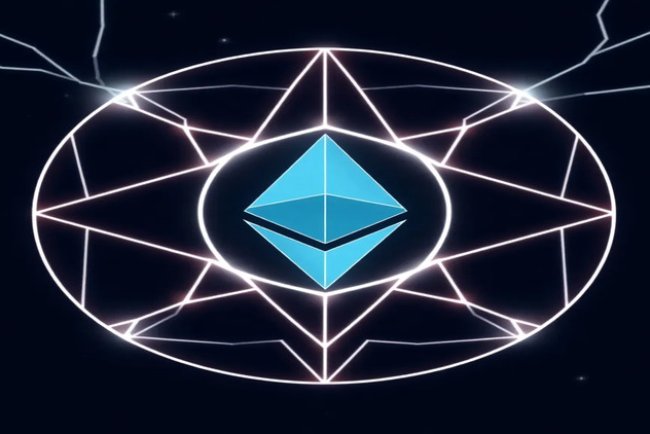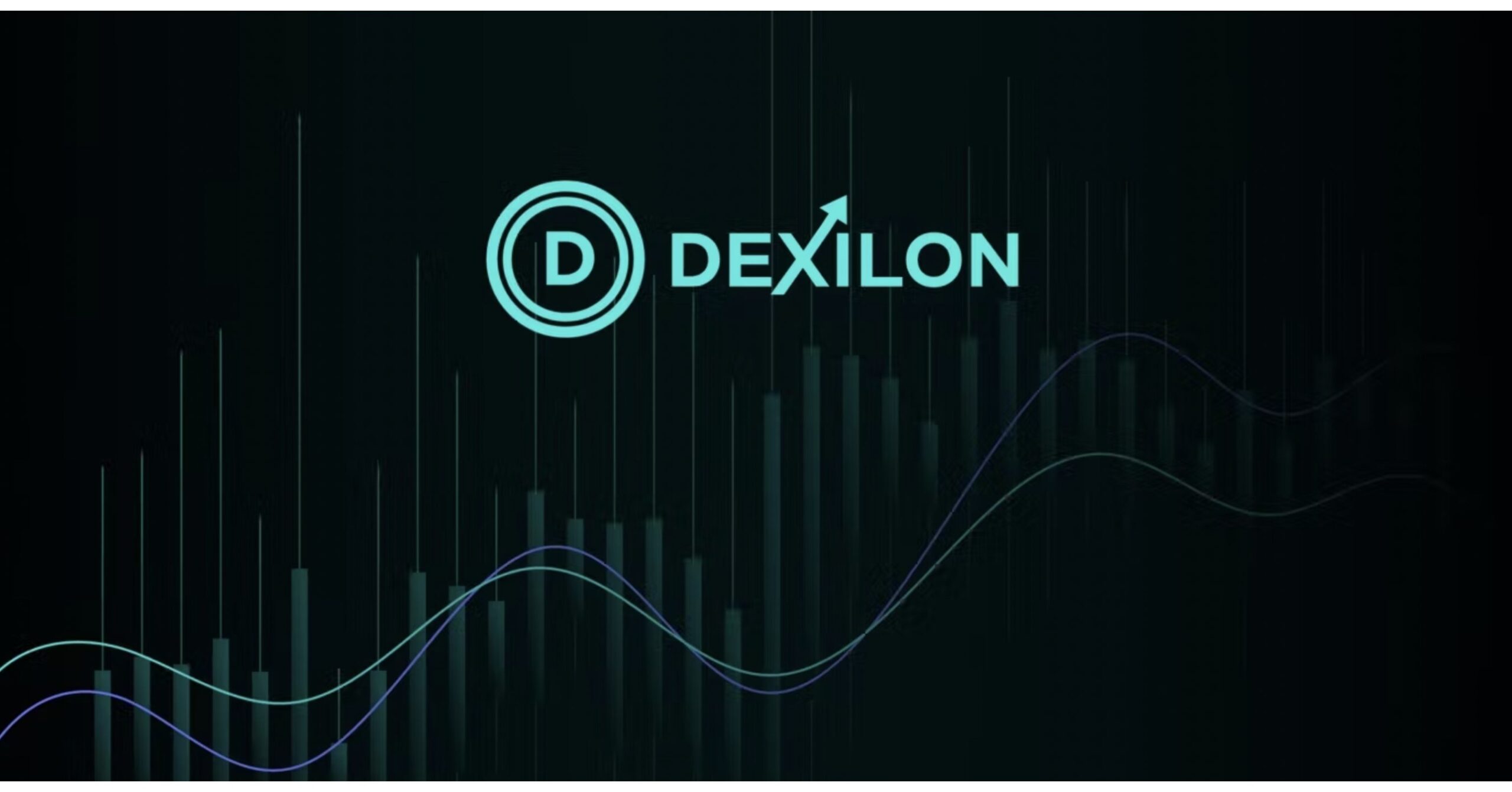ColliderScript: A New Approach to Bitcoin Covenants
ColliderScript offers a way to implement Bitcoin covenants without a fork, enhancing transaction flexibility while addressing computational challenges.

The pursuit of integrating “covenants” into Bitcoin — a feature that allows for more complex transaction types by regulating how coins can be spent in the future — has presented ongoing challenges. Recent research reveals a potential pathway to achieve covenants without the complex and often controversial process of a soft fork.
This innovative method, detailed in a paper by Ethan Heilman, Victor Kolobov, Avihu Levy, and Andrew Poelstra, introduces “ColliderScript,” which could enable covenants on Bitcoin as it currently operates.
Advantages of ColliderScript
- No Protocol Change Required: ColliderScript allows for the implementation of covenants without necessitating a protocol change, such as the OP_CAT operation.
- Concerns Over Changes: The concept of covenants has been met with apprehension due to the extensive alterations required at the consensus layer.
ColliderScript circumvents these concerns by demonstrating that covenant functionality is technically viable on Bitcoin today, although it comes with a high computational cost — initially projected to be millions of dollars per transaction due to the required computational resources.
Future of Covenants in Bitcoin
While the current implementation may seem impractical, the paper serves as a significant proof of concept. Avihu Levy from StarkWare, one of the co-authors, believes that even expensive covenants could find a role in Bitcoin. He stated, “If you have an alternative and people are using it, and it’s already there and maybe just more expensive, it potentially accelerates the social process towards the soft fork.”
Technical Feasibility and SHA-1 Cryptography
ColliderScript's methodology relies on SHA-1 cryptography, which demands considerable computational power to achieve outcomes similar to covenants. The authors anticipate that advancements in hardware or dedicated algorithms might lower these costs, making ColliderScript more feasible.
Levy expressed confidence in improving the efficiency of the hash function, stating, “I’m 100% certain we could improve, and improve significantly.” He also mentioned that if SHA-1 becomes problematic, it could be substituted with SHA-256, which is also compatible with Bitcoin.
The Path Forward for Bitcoin Covenants
Levy recognizes that even with improvements, implementing covenants through a soft fork would still be the “cleanest, safest, and most efficient” method. This research not only presents a technical solution but also highlights the potential utility of covenants, which could expedite the often slow consensus-building process among Bitcoin stakeholders.
Drawing comparisons to the development of BitVM, which began as a costly innovation before evolving into a more scalable solution, Levy believes that ColliderScript could follow a similar path. Future iterations could enhance the viability of covenant-based transactions within Bitcoin's complex transaction landscape.
The ColliderScript project emerged from a blend of curiosity and determination, with Levy dedicating his spare time to it since April. As Bitcoin grapples with issues surrounding scaling and transaction flexibility, such grassroots innovations may play a crucial role in its evolution, regardless of whether ColliderScript becomes a mainstream solution.
What's Your Reaction?















